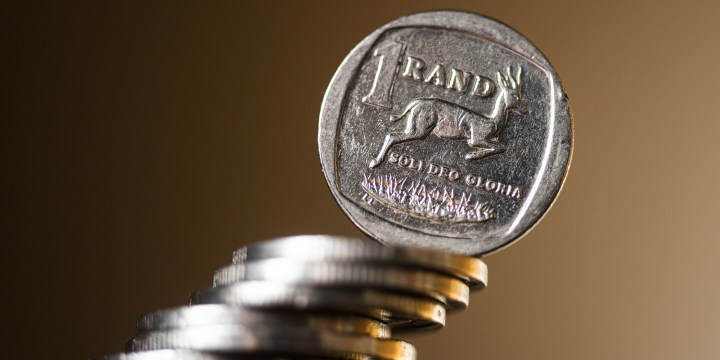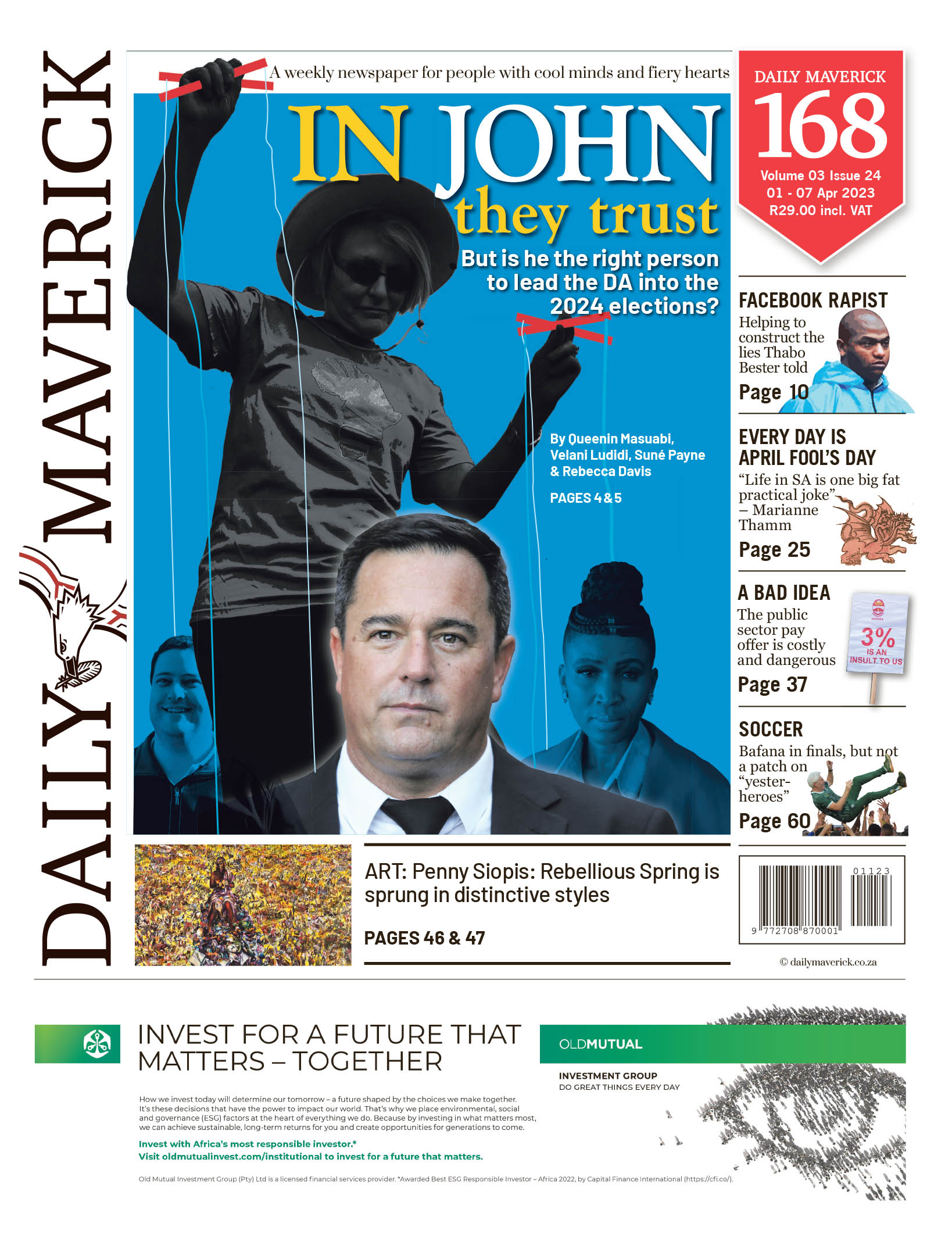ANALYSIS
SA’s public sector wage offer flies in the face of wrestling down the compensation bill

The government plans to give public servants a 7.5% pay rise in 2023, which will cost it between R35bn and R50bn. This goes against its own plan to wrestle down the compensation bill.
The government is prepared to conclude pay rise negotiations early in the public sector by entering into a two-year agreement with trade unions that is costly and undermines its much-vaunted plan to stabilise public finances.
Public sector trade unions have largely accepted the government’s offer to increase the pay of 1.2 million public servants by 7.5% in 2023 from 1 April, and by a projected consumer inflation rate in 2024. But this increase will be capped at 6.5%.
The two-year pay rise deal settles negotiations early and buys the government breathing room until the next round of compensation talks in late 2024.
To settle negotiations with trade unions that threatened to down tools and bring state services to a halt, the government made compromises. It initially offered public servants a pay rise offer of 4.7%, which was rejected, then moved to 7% and, subsequently, to 7.5%.
At least five trade unions, representing the majority of public servants in South Africa, also compromised, reducing their demand from 10% to 8% and settling at 7.5%. The trade unions include the SA Democratic Teachers’ Union, the National Professional Teachers’ Organisation of SA, the SA Teachers’ Union, the Health & Other Services Personnel Trade Union of SA, and the Public Servants’ Association. Together, these unions form a 53.9% majority at the Public Service Coordinating Bargaining Council (PSCBC), where they have been negotiating with the government about pay rises and conditions of employment.
Wage talks — how much do state nurses, porters and cleaners earn?
Structure of the 7.5%
It is significant how the government structured its pay rise offer, moving away from automatic increases of the inflation rate plus cost of living (usually between 0.5% and 1.5%) that had been baked in for many years, driving up public sector pay to unsustainable levels.
The government was also crafty in how it structured the 7.5% offer, bundling in other remuneration benefits to make up the percentage. The 7.5% increase includes the monthly R1,000 after-tax cash gratuity (or bonus) introduced two years ago that was meant to be temporary but is already in the budget baseline. Without that, the increase is about 4.2%.
Still, there will be more money in the hands of public servants, including doctors, nurses, teachers and police officers. Nurses get about R35,000 a month before taxes. With the new offer, they get R2,600 more a month (including the R1,000 cash gratuity).
A separate agreement is being negotiated on a housing allowance increase, but the government wants to increase it in line with the inflation rate. Medical benefits are not part of the current negotiations, but more remuneration benefits will be costly.
An individual close to the National Treasury’s budgeting process says the 7.5% will cost the government between R35-billion and R50-billion. “The Treasury will blow the budget just to compensate 1.2 million public servants — just less than 2% of the population,” says the individual.
The Treasury declined to comment to DM168 about the cost of implementing the 7.5% pay increase. The Treasury didn’t pencil in the 7.5% when it tabled the 2023/24 Budget in February. Already, the cost of remunerating public servants is high and was expected to be R701.2-billion in 2023. Public servant remuneration is the single largest expenditure, gobbling up 32% of 2023’s R2.24-trillion Budget.
To fund the R35-billion to R50-billion extra, the Treasury might draw from contingency reserves, funds set aside for unplanned spending. The Treasury has R95-billion in reserves over the next three years to cover unplanned spending pressures, including public servant pay and bailouts to state-owned enterprises.
Raiding emergency funds to bankroll more public servant compensation without taking steps to cut government spending and wastage is a bad idea, says Dr Azar Jammine, chief economist at Econometrix.
Jammine says the Treasury must indicate steps it will take to either reduce public sector employment/headcounts or reallocate resources to meet the enlarged cost of paying public servants.
Economists and ratings agencies are closely watching pay levels, as wrestling down the compensation bill is seen as key to stabilising government finances. But the bill will balloon over three years; R701.2-billion in 2023/24, R728.7-billion in 2024/25, and R760.6-billion in 2025/26.
Election ploy suspected
The Treasury managed a pay rise freeze over the past three years. This time, unions dug in their heels and the government caved in.
Labour analyst Michael Bagraim suspects the upcoming general election was a factor.
“It is a political move aimed at getting labour to support the governing party in the 2024 elections. The government admitted it doesn’t have money to fund large pay increases.
“Treasury will scrape money for the 7.5% increase from departments of police, health, labour, and we won’t get service delivery. It’s a tragedy,” says Bagraim.
Labour is split on the offer. The National Education, Health and Allied Workers Union (Nehawu), affiliated with the federation Cosatu, did not participate in the PSCBC negotiations. Nehawu was angry that the government unilaterally implemented a 3% pay increase in 2022, when the union demanded 10%.
“We are still stuck in the 2022/23 wage talks,” says Nehawu deputy secretary-general December Mavuso, adding that the union will not accept the 7.5% offer for 2023 until its demand from last year is met.
Public servants with Nehawu stand to automatically get the 7.5% increase when the government implements it, regardless of union reservations. DM168
This story first appeared in our weekly Daily Maverick 168 newspaper, which is available countrywide for R25.














 Become an Insider
Become an Insider
Given income inequality, it is disappointing that the R2m annual pay administrators did not forego their 7.5% increase (R150k increase) in favor of a 10% increase for their teacher nurse police comrades that earn R200k. You know, Ubuntu and injury-to-one-injury-to-all and all those nice placards and all…
The things that the anc say and the things that the anc does, have never met!
IF they were serious about narrowing the wage gap, they would freeze any increases for those earning over a certain amount, say R50k pm, only 2% over R40k, 3% over R30k etc